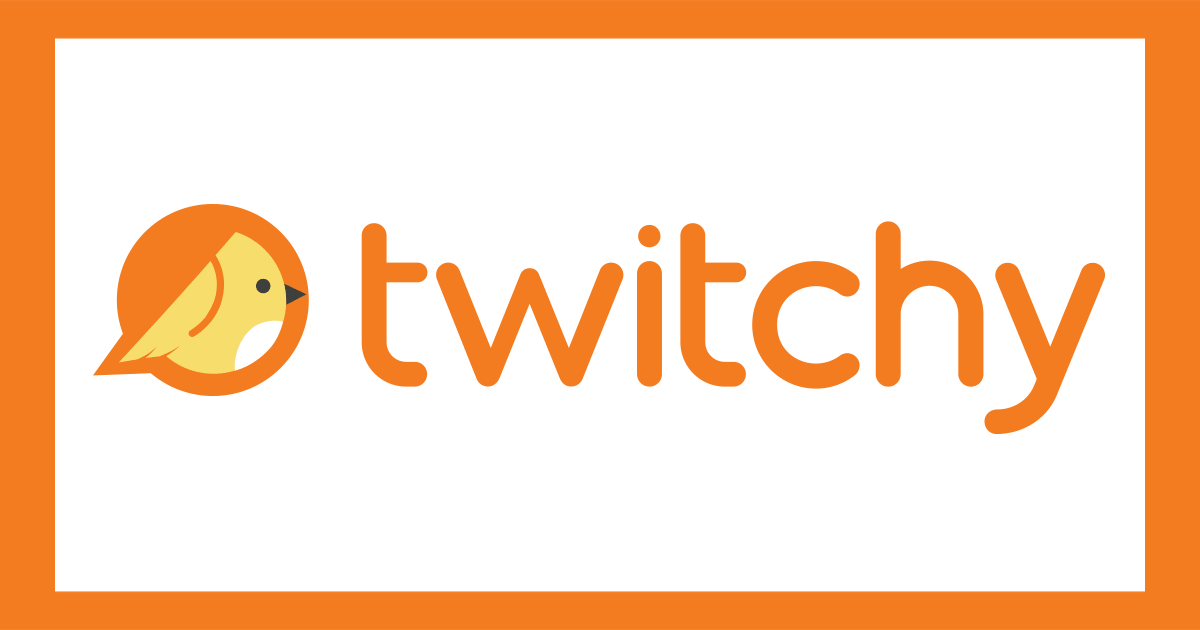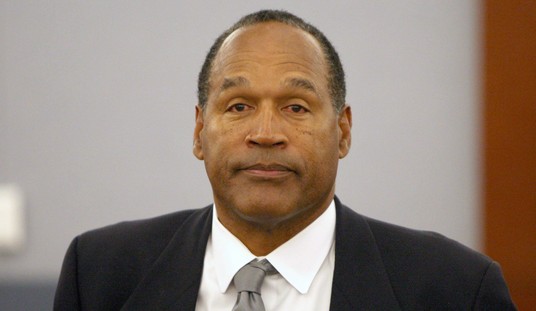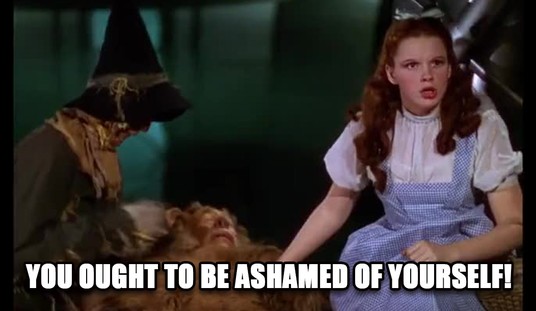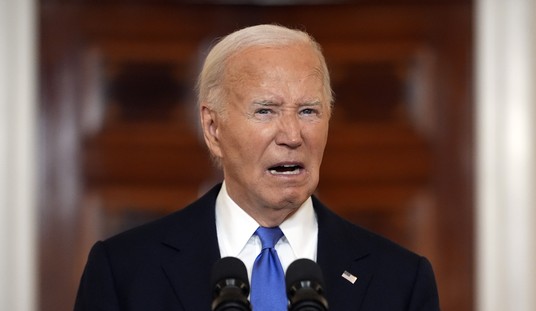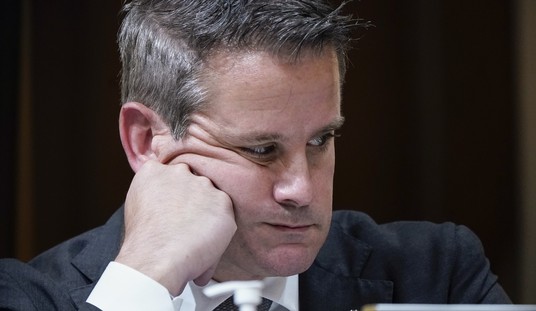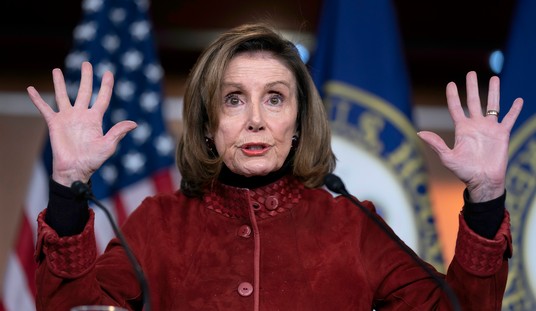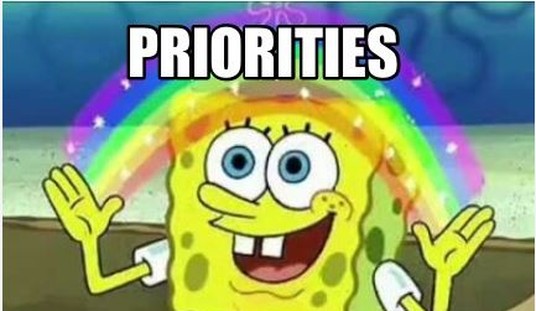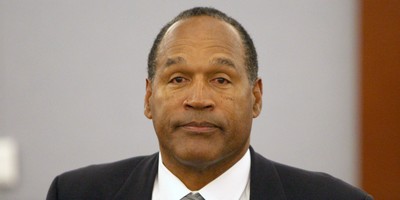As Twitchy reported earlier, we had a Twitter-driven cancelation this week as Limited Run Games terminated an employee because she followed accounts like Libs of TikTok and Ian Miles Cheong on Twitter. This offense was brought to the company’s attention by “Purple Tinker” founder of Brony Con, a convention for grown men who love “My Little Pony.” Purple Tinker is also known to argue in favor of pedophilia on Twitter. But that’s the power of Twitter: One complaint can get someone fired, or get their book pulled off the shelf.
It should be pretty clear by now that Twitter is going to survive its purchase by Elon Musk, but if it doesn’t, writes Kaitlyn Tiffany, we’ll lose “the ultimate cancellation machine,” and then where would people go to get quick justice?
If Twitter fully withers under Elon Musk, we will lose the internet's most powerful platform for "canceling" people and brands, @kait_tiffany writes. https://t.co/nbylrdx3gE
— The Atlantic (@TheAtlantic) January 9, 2023
Tiffany writes:
Cancellation also emerged from a distinct culture on Twitter. The practice evolved from “callout” practices that were common on Black Twitter in the early 2010s, Meredith D. Clark, an associate professor at Northeastern University, wrote in a 2020 paper. She describes it as a “last-ditch appeal for justice” with origins in “queer communities of color”—and Twitter’s unique ability to network different communities turned “the language of being ‘canceled’ into an internet meme.”
…
When Twitter is gone—or when too many people stop using it, and then the other people stop using it too—“cancel culture” could persist as a silly talking point and bloated meme, but not as the practice we’ve come to know. And this will probably feel bad. For anyone who has sought to correct some kind of perceived wrongdoing on the platform, it will be the end of an era. “Cancellations don’t always—in fact, they very frequently don’t—lead to any real changes or impact on the person who’s being, supposedly, canceled,” Lewis told me. “What they often function more as are community-catharsis events.”
Tiffany says the impact is undeniable: “The most famous example of this is #MeToo, which has been criticized for its perceived excesses and misfires but which was also awe-inducing in its weight and consequence.”
I was told this didn't exist. https://t.co/2pem355aUf
— J (@1000Steps) January 9, 2023
Cancel culture doesn’t exist but if it did, we are now mad we can’t hypothetically continue to do it, hypothetically.
— Thirteen O'Clock – Todd (@o_thirteen) January 9, 2023
You really went with ‘bUt mUh FaSciSm’?
— Matty Mingus (@mingusyoudingus) January 9, 2023
https://twitter.com/BigJohn2310/status/1612595905001046017
Since Twitter still self-evidentially exists; how do we quickly cancel The Atlantic as a brand because you suck sooooo bad.
— Vivek like Cake (@TomHillsisyphus) January 9, 2023
When you accidentally say the quiet part out loud.
— John Q. Public (@NetTaxpayer) January 9, 2023
lol
— Mike Seder (@mpaulseder) January 9, 2023
CANCEL CULTURE IS CANCELED https://t.co/i8Jwdwntl5
— Seth Mandel (@SethAMandel) January 9, 2023
If cancel culture is canceled it'll prove cancel culture is real right at the moment it *also* proves cancel culture doesn't exist. Is the universe ready? pic.twitter.com/Y4VfZml2ZL
— Seth Mandel (@SethAMandel) January 9, 2023
Our favorite attempt at Twitter cancel culture is the effort to cancel J.K. Rowling because she said you can’t change your sex. She’s only benefitted, while the cancel culture types post videos of themselves burning their copies of “Harry Potter” on dad’s backyard barbecue grill.
***
Related:
Limited Run Games MIIIGHT wanna look at tweets from the account they caved to when firing employeehttps://t.co/MNtzJPGGr2
— Twitchy Team (@TwitchyTeam) January 9, 2023

















